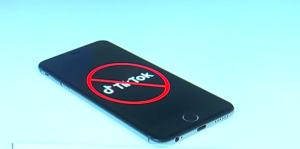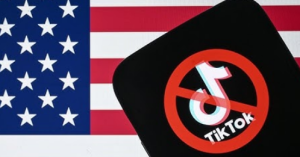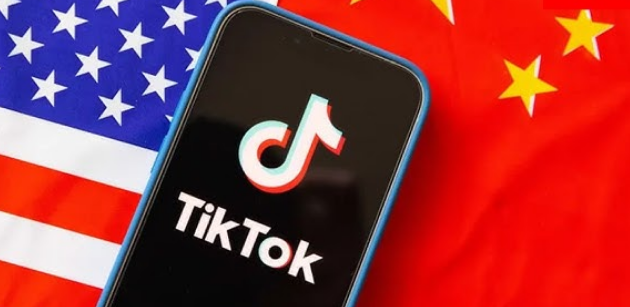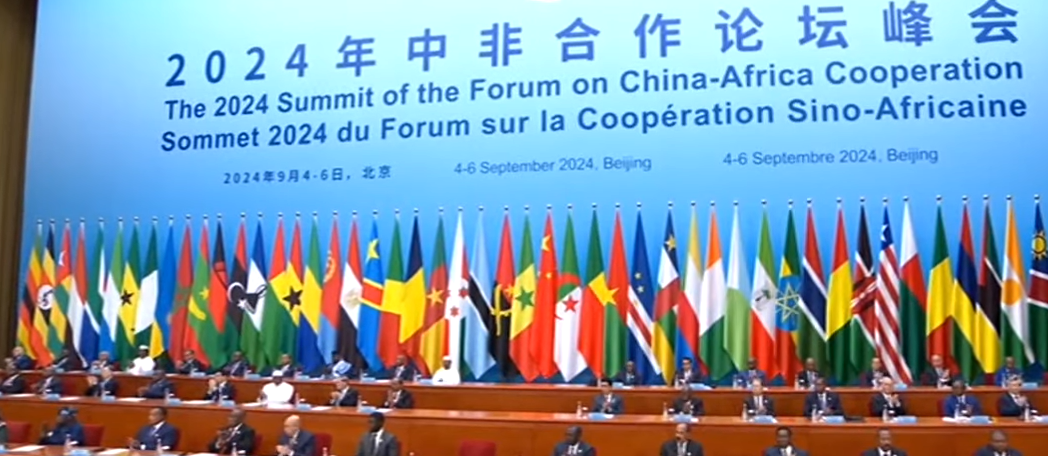By Amnesty International
Photos: YouTube Screenshots
Responding to the US government’s decision to impose a nationwide ban on TikTok if ByteDance, its parent company, does not sell the app’s US operations within 270 days, Lauren Armistead, Deputy Director at Amnesty Tech, said:

“The US government’s decision to impose an outright ban on TikTok fails to address the endemic human rights risks and harms associated with the surveillance-based business models of other tech companies, including Meta and Google. Banning TikTok also disproportionately restricts people’s right to freedom of expression, which includes the freedom to seek, receive and impart information.
“Despite banning TikTok, US lawmakers have given Meta and Google a free pass, allowing them to continue harvesting our data and abusing our privacy rights. Rather than handing out arbitrary bans, the US authorities should address the underlying problems of surveillance-based business models by introducing regulations that govern all tech platforms to truly protect our human rights in the digital age.
“The dangers of mass data collection and social media algorithms, such as the amplification of hate on Meta platforms and the toll of harmful content on young people’s mental health, are well known. The best way to ensure these platforms are safe is for states to meaningfully regulate the Big Tech sector. That’s why Amnesty International has been calling for a ban on targeted advertising and is specifically calling on TikTok to stop hyperpersonalising its ‘For You’ feed by default.”

Background
In 2023, Amnesty International released two reports highlighting abuses suffered by children and young people using TikTok.
One report, Driven into the Darkness: How TikTok Encourages Self-harm and Suicidal Ideation, shows how TikTok’s pursuit of young users’ attention risks exacerbating their mental health concerns, such as depression, anxiety and self-harm.
Another report, “I feel Exposed”: Caught in TikTok’s Surveillance Web, reveals TikTok’s rights-abusing data collection practices are sustained by harmful user engagement practices.
Both reports form part of a body of our work exposing the business models of big tech firms that prioritize profits over human rights.
Amnesty International has previously documented how Facebook’s algorithms and Meta’s reckless pursuit of profit contributed to the atrocities perpetrated by the Myanmar military against the Rohingya in 2017.







